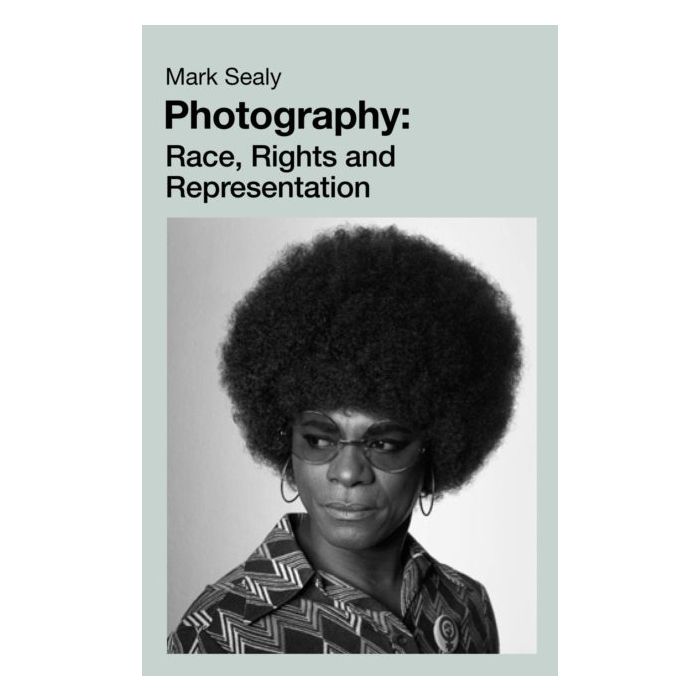Photography: Race, rights and representation
Sealy’s mode of ethical looking decisively disrupts any Eurocentric frame, recovering hidden narratives and marginalised practices that blast apart the tattered edifice of colonial time. The book argues for the right of recognition – before the law, before the camera, and, more so now than ever, within the institutions that guard a fractured mainstream culture … Whether in the images of Rotimi Fani-Kayode, Maud Sulter, Eustáquio Neves, or through the voice of Stuart Hall, the author pursues the affective power of decolonial vision for the understanding of being.
Duncan Forbes, Head of Photography at the Victoria and Albert Museum, London
Mark Sealy’s Photography: Race, Rights and Representation is essential reading for all of us rethinking images in the twenty-first century. Sealy narrates three decades of ‘looking’ by revisiting his own archive and gathering not only the ghosts of the photographic past but the voices of our future. This remarkable collection is everlasting as it brings the aesthetic and the political in at a critical time in our history.
Deborah Willis, Chair, Department of Photography & Imaging, New York University
| Weight | 0.300000 |
|---|---|
| ISBN13/Barcode | 9781913546335 |
| ISBN10 | 1913546330 |
| Author | Mark Sealy |
| Binding | Paperback |
|---|---|
| Date Published | 15th March 2022 |
| Pages | 192 |
| Publisher | Lawrence & Wishart |
Following the highly influential Decolonising the Camera: Photography in Racial Time, this collection of essays, interviews and reflections gives new depth to Mark Sealy’s work challenging the legacies of colonial Othering in photography over a quarter of a century.
Weaving together analyses of work by Black photographers in the UK and internationally, interviews with key figures and personal reflections on the changing landscape of Black photography, this book offers an exploration of the past, present and future of decolonial visual practices. Sealy marks out a new path for photography – jazz-like, sensorial and experimental – in order to free it from the classifying colonial lens, offering the reader the opportunity to move both conceptually and spiritually into new visual realms when reading an image.
Photography: Race, Rights and Representation is a vital addition to the decolonial project occurring in contemporary photography and visual practice from one of its leading curatorial figures.
